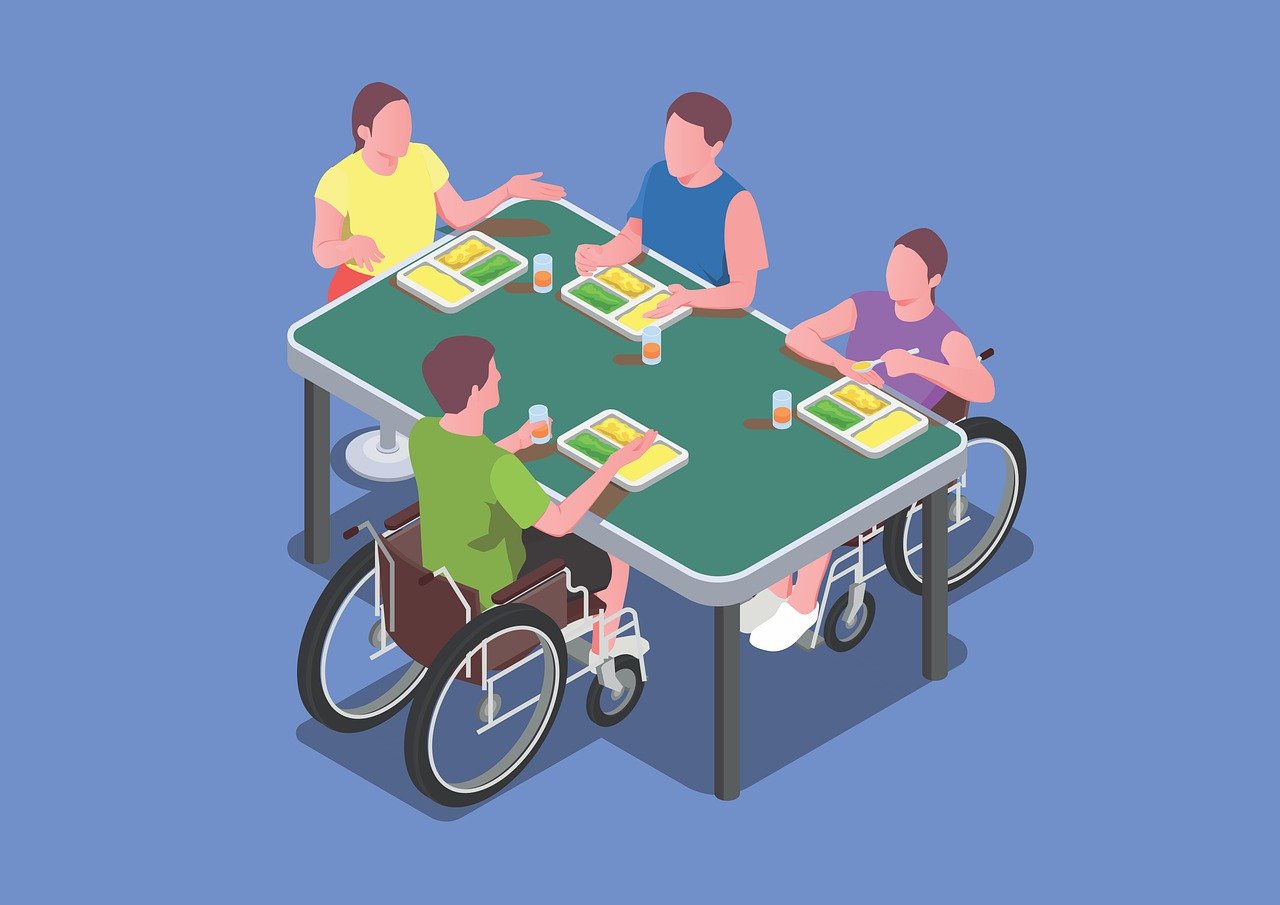None

Brief news summary
Recent research indicates that relying exclusively on chatbots for medical advice can be risky, particularly for individuals with rare medical conditions and limited access to reliable sources. AI-powered tools often offer oversimplified and incorrect guidance, potentially harming children with special needs. To ensure personalized care, it is crucial to supplement AI with additional resources and support for healthcare providers. AI has limitations in comprehending complex concepts and may rely on unreliable internet sources. Health literacy plays a vital role in discerning reliable information, as AI may struggle to differentiate between credible websites and misinformation, including that generated by other AI systems. Dependence solely on AI for medical assistance can be perilous, especially for children with rare diseases who may receive fabricated information. Human case management services are indispensable in offering appropriate support, particularly for families lacking internet access or requiring information in languages other than English. Legislation mandating physician oversight in AI usage is necessary for unbiased healthcare decisions. Ultimately, resolving healthcare system issues necessitates understanding and addressing individual needs while providing adequate resources and support.In a recent experiment, the author tested three major chatbots - Google Gemini, Meta Llama 3, and ChatGPT - by asking medical questions they already knew the answers to. The AI responses were generally 80% correct and 20% incorrect, with answers changing slightly each time the question was repeated. The author found it concerning how misinformation from AI could potentially harm people, particularly those with rare medical diseases. While there is hype around using AI to improve the healthcare system for children with special needs, the author argues that the complex problems they face require more than simple solutions from AI. Increasing payment rates and providing more time for healthcare professionals to communicate with patients and families is emphasized as a necessary step. The author also discusses the limitations of AI in providing reliable medical information, as AI often synthesizes information from the internet without clear sources.
Health literacy is highlighted as a valuable skill, and the author suggests that AI can potentially provide inaccurate information, especially considering the abundance of unverified AI-generated content on the internet. The risks of AI in healthcare are emphasized, as incorrect information from AI could have severe consequences. AI's ability to connect families with services is also questioned, as it lacks the ability to provide culturally competent and personalized assistance. Additionally, the author raises concerns about AI being used by health insurance companies to make decisions on patient care, as it can perpetuate biases present in the current healthcare system. The author argues for legislation that ensures physician oversight and adequate safeguards for the use of AI in healthcare. Ultimately, the author stresses the importance of listening to the needs of those who rely on the healthcare system rather than solely relying on AI solutions.
Watch video about
None
Try our premium solution and start getting clients — at no cost to you

I'm your Content Creator.
Let’s make a post or video and publish it on any social media — ready?
Hot news

AI-Powered Video Editing Tools Revolutionize Cont…
The landscape of video content creation is undergoing a significant transformation fueled by AI-powered editing tools.

AI-Driven SEO Analytics: Unlocking Deeper Insights
Artificial intelligence (AI) is revolutionizing SEO analytics by providing unparalleled insights into website performance and user behavior.

AI at Work for Maritime Industry 2024
AILiveSim leads innovation in maritime simulation, transforming how autonomous vessels are developed, tested, and operated.

Nvidia's AI-Powered Graphics Cards Revolutionize …
Nvidia has unveiled its latest generation of AI-powered graphics cards, representing a major advancement in gaming technology.

Artisan AI's 'Stop Hiring Humans' Campaign Sparks…
Artisan AI’s recent campaign, titled “Stop Hiring Humans” and launched in San Francisco, has ignited widespread debate, attracting both criticism and support from various sectors of society.

ASML shares hit record high as AI demand fuels or…
Then undefined per month.

AI Video Personalization Enhances Online Advertis…
In the rapidly evolving digital marketing landscape, advertisers are increasingly adopting artificial intelligence (AI) to boost campaign effectiveness.
AI Company
Launch your AI-powered team to automate Marketing, Sales & Growth

and get clients on autopilot — from social media and search engines. No ads needed
Begin getting your first leads today








